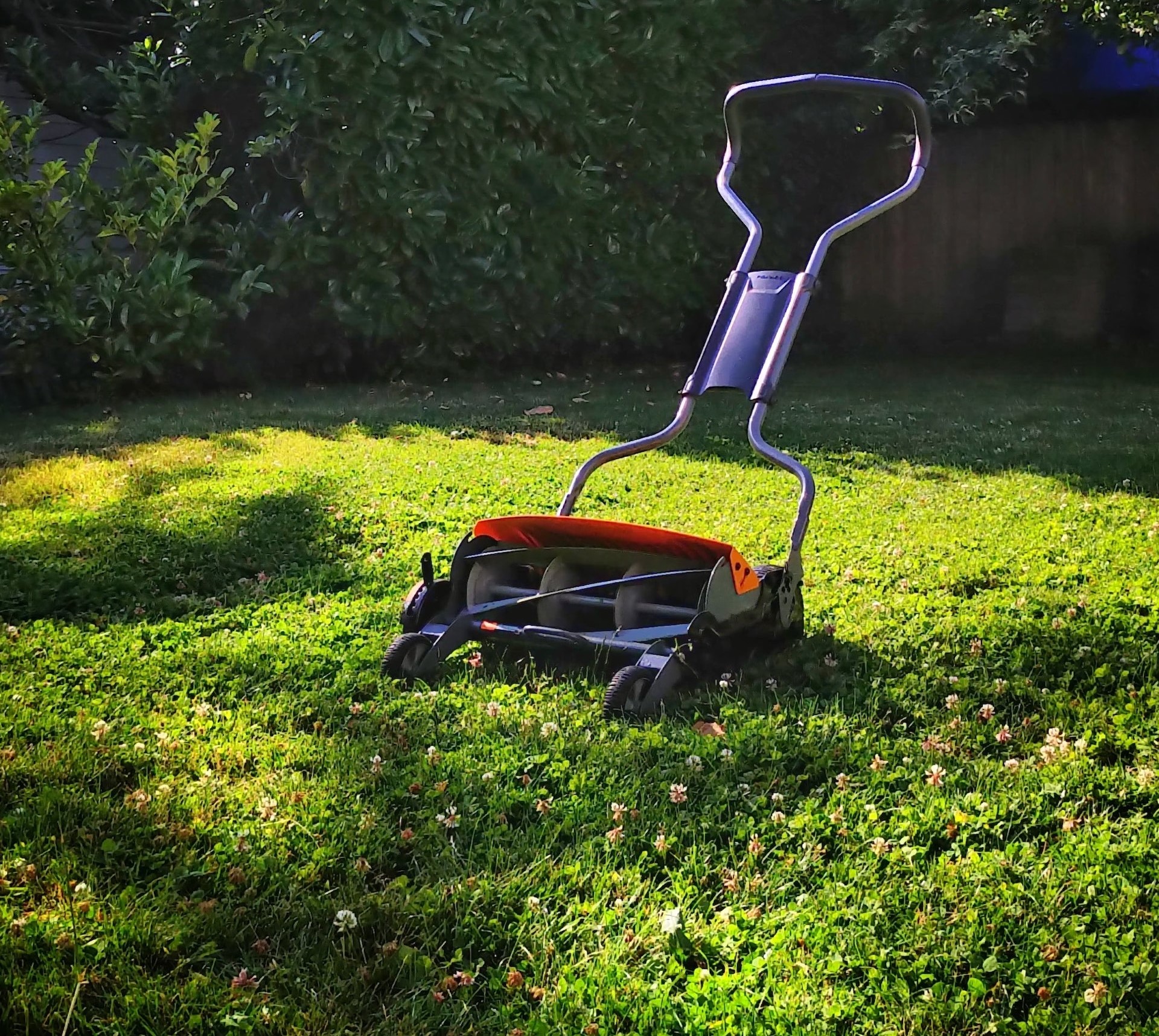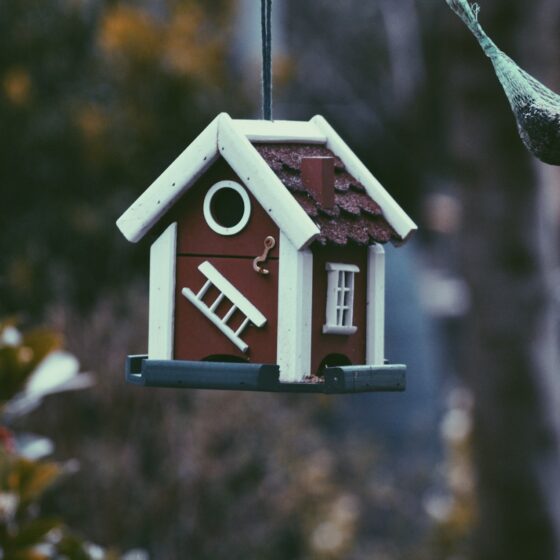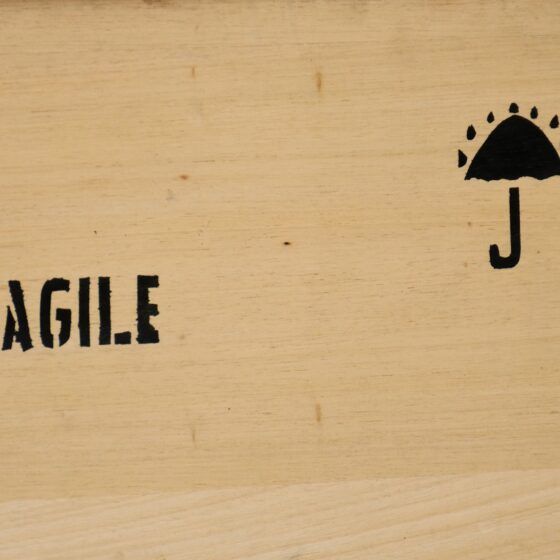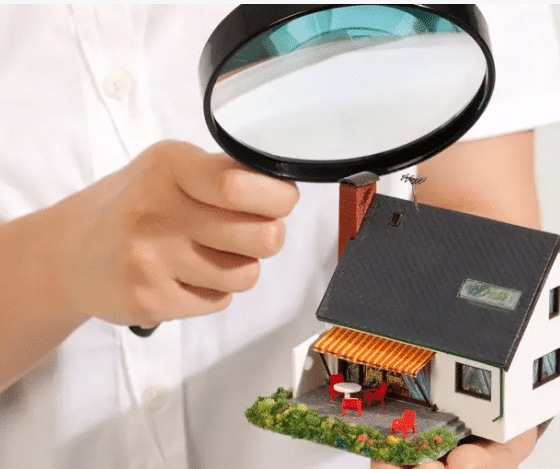Maintaining a healthy, vibrant lawn requires regular care, and a functional lawn mower plays a vital role.
However, just like any mechanical device, lawn mowers are subject to wear and tear, so knowing when to repair or replace your lawn mower can be critical to ensuring a well-kept yard.
In this guide, we’ll explore some of the essential maintenance tips, signs indicating when professional repair services are needed, and when it might be time to consider investing in a new mower.
Importance of Regular Maintenance
Having a reliable lawn mower is essential for maintaining a stunning backyard, and routine maintenance is the key to extending the lifespan of your lawn mower. Following these steps can help prevent major issues and keep your mower running smoothly:
Cleaning
After every use, clean the mower to remove grass clippings, debris, and dirt. Pay attention to the blades, undercarriage, and air filters. Regular cleaning not only maintains the mower’s efficiency but also prevents corrosion and buildup that can hinder its performance over time.
Check Oil Levels
Regularly check and change the oil according to the manufacturer’s recommendations. Low or dirty oil can damage the engine. Proper lubrication ensures smoother operation and reduces friction within the engine components, significantly prolonging its lifespan.
Blade Care
Inspect the blades for dullness, cracks, or bends. Sharpen or replace blades when necessary to ensure a clean cut. Sharp blades not only provide a neater cut but also lessen the strain on the mower’s motor, contributing to its longevity.
Air Filter and Spark Plug
Replace the air filter and spark plug as per the maintenance schedule. Clean or replace them if they are dirty or worn out. A clean air filter and a well-functioning spark plug are essential for optimal engine performance and fuel efficiency, enhancing the mower’s overall longevity.
Fuel
Use fresh fuel and add a stabilizer to prevent clogging the carburetor. Empty the tank before storing it for the offseason. Stale fuel can lead to carburetor issues, and by emptying the tank before storage, you safeguard the mower from potential damage caused by old, untreated fuel residue.
Signs That Your Lawn Mower Needs Repair
Despite regular maintenance, issues may arise with your lawn mower. Recognizing these signs can help you decide if a professional lawn mower repair is necessary:
Starting Problems
Difficulty starting the mower, frequent stalling, or rough idling may indicate issues with the engine, spark plug, or carburetor. Addressing these starting issues promptly can prevent further damage to critical engine components, ensuring smoother operation in the long run.
Uneven Cutting
If your mower is leaving patches of uncut grass or creating an uneven lawn, it may be due to dull or damaged blades. Prompt blade maintenance or replacement not only ensures a well-manicured lawn but also prevents strain on the mower’s motor, contributing to its longevity.
Excessive Vibration or Noise
Unusual noises or excessive vibration while mowing can signal underlying mechanical issues that require attention. Ignoring these warning signs may worsen the problem, potentially leading to more extensive repairs if left unaddressed.
Smoke or Leaks
Smoke, oil leaks, or a burning smell are clear indicators of potential engine problems that need immediate inspection. Timely professional intervention can prevent further damage and ensure the mower’s safety and performance.
Loss of Power
If your mower lacks power, struggles to cut, or doesn’t perform as efficiently as before, it could indicate engine or transmission issues. Promptly diagnosing and repairing these power-related problems is crucial to maintaining the mower’s functionality and preventing further damage.
Repair or Replace?
Deciding whether to repair or replace your lawn mower depends on various factors:
Age of the Mower
Consider the age of your mower. If it’s relatively new and well-maintained, repairing might be a cost-effective option.
However, if it’s older and consistently experiencing issues, replacement might be more practical. A newer mower with regular upkeep often has fewer underlying problems and can benefit more from repairs.
Repair Costs
Compare the cost of repairs to the value of the mower. If the repair costs exceed the mower’s worth or a significant portion of it, investing in a new mower could be a better long-term solution.
Assessing repair expenses against the mower’s value helps in making an informed financial decision.
Frequency of Repairs
Frequent breakdowns and repairs can become inconvenient and expensive. If your mower constantly needs repairs, replacing it with a more reliable model might be a wiser choice.
Reducing the hassle and cost of frequent repairs can lead to greater convenience and peace of mind.
Performance
Evaluate the performance of your mower. If it struggles to perform basic functions despite repairs, a replacement might offer improved efficiency and reliability. Ensuring the mower can efficiently handle tasks without persistent issues is vital for consistent lawn maintenance.
Safety Considerations
Lawn mower safety should always be a priority. If the mower poses safety risks due to recurring issues or severe damage, replacing it becomes a crucial decision.
Ensuring the equipment is safe to operate not only protects the user but also prevents potential accidents or injuries.
Conclusion
Maintaining a healthy lawn involves not only regular mowing but also proper care of your lawn mower. By adhering to routine maintenance practices, you can prolong the lifespan of your mower.
However, when faced with persistent issues, it’s crucial to assess whether repair or replacement is the best course of action.
Ultimately, the decision should be based on factors such as the mower’s age, repair costs, frequency of issues, performance, and safety considerations. Whether opting for professional repairs or investing in a new mower, ensuring a well-maintained machine is essential for a beautifully manicured lawn.













